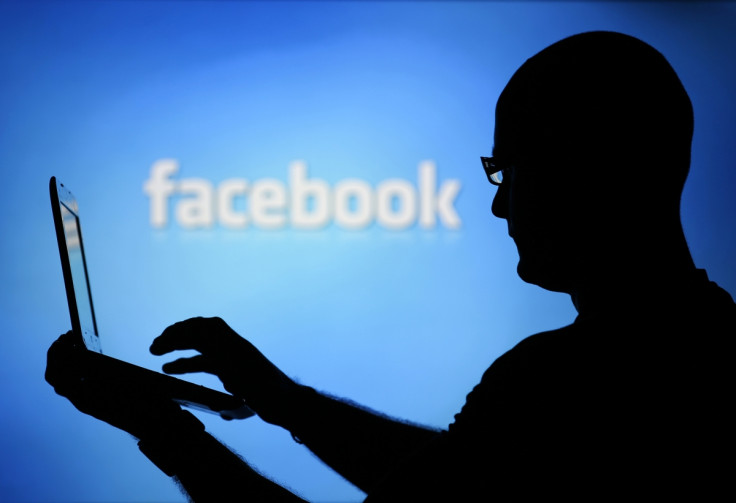Facebook will notify you if your account is at risk of a state-sponsored attack

Facebook has introduced a feature that will warn users if their account is being targeted by state-sponsored hackers. Users will be notified if the social networking service has enough evidence to prove agencies like the GCHQ or NSA are compromising an account, and sent a message: "We believe your Facebook account and your other online accounts may be the target of attacks from state-sponsored actors".
The notification will suggest that the person's smartphone or computer has malware that hackers are using to seek access to their accounts. Instead of simply resetting a password, Facebook warns that those affected should either "rebuild or replace" their mobile phone or computer system. Facebook wants to encourage those affected to take necessary action and secure all of their online accounts, as these types of attacks "are more advanced and dangerous than others."
State-sponsored cyber attacks can be highly destructive, as when North Korea hacked Sony Pictures Entertainment's computer system to reveal employee information.
Facebook says it won't reveal how it will manage to detect larger nation-state attacks versus small-scale hackers to "protect the integrity" of its methods and processes, but the company maintains that it will only use that warning notification "where the evidence strongly supports our conclusion."

"We hope that these warnings will assist those people in need of protection," writes Alex Stamos, Chief Security Officer at Facebook on 17 October, "And we will continue to improve our ability to prevent and detect attacks of all kinds against people on Facebook."
This move follows the footsteps of Google, who introduced this feature in mid-2012 to notifying users when it seemed they were in the cross-hairs of state-sponsored hackers.
Facebook has taken several steps to ensure user privacy and security. In June, it offered users the option to share public encryption keys, to keep email communication between the social network and its users encrypted. Last year, Facebook launched a "dark web" version of itself on Tor, an important extra layer of encryption and privacy for those trying to avoid surveillance.
© Copyright IBTimes 2024. All rights reserved.





